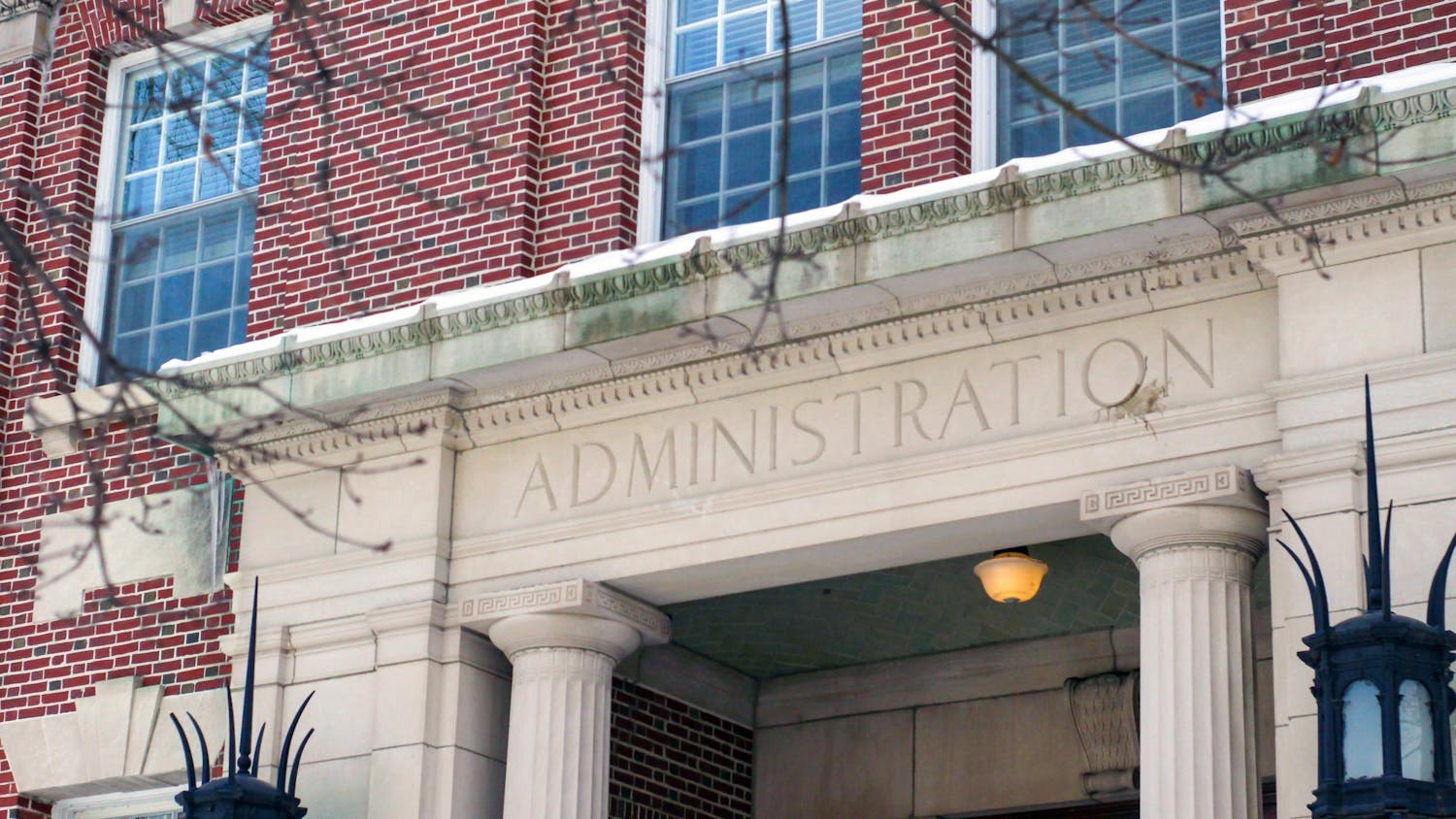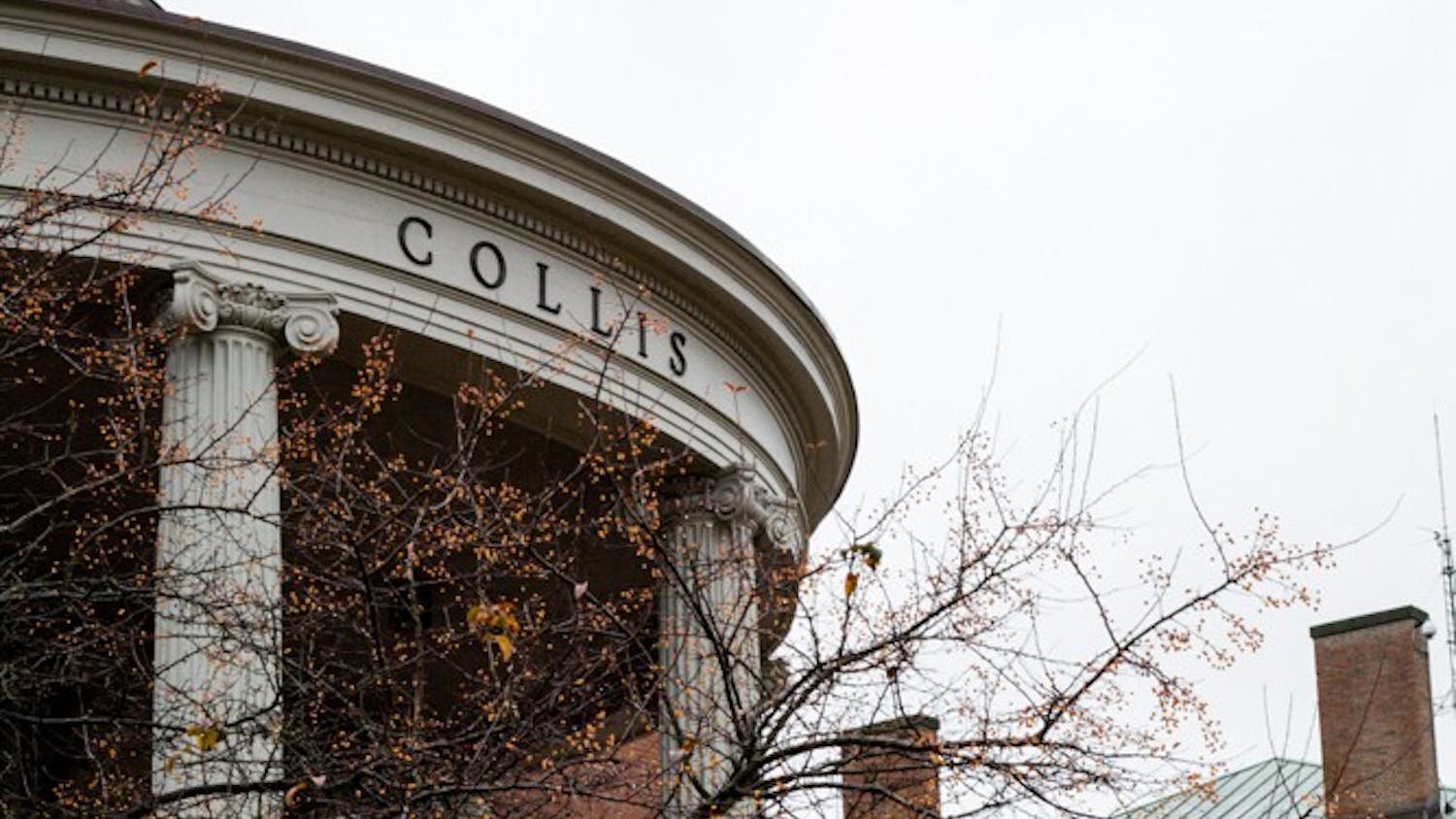The Faculty Steering Committee did not reveal a verdict that would determine BlitzMail's future, but it did discuss the issue of continuity within the committee's leadership as well as usual updates from the Councils on Computing and Graduate studies to name two.
At last year's annual meeting, the Council on Computing announced that it had conducted an extensive review of the BlitzMail program that raised concerns that could potentially lead to the termination of the program. The committee then agreed to evaluate the system during the coming year and discuss the matter again this fall.
Though the committee voiced concerns, including the dated nature of some BlitzMail features, its compatibility with other servers and the overall security of the Kiewit network, there was still no definitive word on the fate of the unique communications system students have come to rely upon.
The Steering Committee's meeting was chaired by College President James Wright and included Dean of Graduate Studies Charles Barlowe, Chairman of the Council on Computing Brian Chaboyer and Dean of the Faculty Carol Folt.
As emphasized to The Dartmouth, the committee's attendance policy forbade reporters from quoting the meeting's participants.
Chaboyer said that the Council on Computing did not discuss getting rid of BlitzMail this year in any detail and no significant changes in its status were reported.
"Two years ago, it was investigated quite a bit by the Council on Computing, so last year we didn't do a full reevaluation because we didn't think much had changed," Chaboyer said.
Chaboyer added that as far as he knows, the BlitzMail issue is still on the agenda for this year, but as outgoing chairman, he will not be in charge of overseeing the issue.
Some members of the Steering Committee raised questions about the continuity of the various councils and their chairpersons, as exemplified by Chaboyer's departure.
As it stands, members of the respective councils serve for three years while the chairperson changes each year. Several members of the committee shared concerns about the ability of chairpersons to efficiently deal with ongoing issues and analysis when they only hold the position for a relatively short amount of time.
Several members of the faculty noted the vast amount of information that each chairperson must learn upon assuming the post, which results in a lack of continuity that is present throughout the entire process.
In addition to the concerns related to continuity within the councils, some questions were raised about the Master of Arts in Liberal Studies program. An 84 percent acceptance rate was reported for this year's MALS class, and in response, a committee member expressed concern as to the quality of the pool of applicants.
The chairman of the Graduate Studies Council noted that the acceptance rate is generally between 50 percent and 80 percent, so this year is not too much of a deviation. It was also noted that most MALS applicants used to come from the area surrounding Hanover but now hail from more diverse parts of the country.
The Council on Graduate Studies also announced the launch of a new interdisciplinary program called the Program in Experimental and Molecular Medicine, which is part of an informal initiative from the committee to develop interdisciplinary cooperation among departments and schools.



